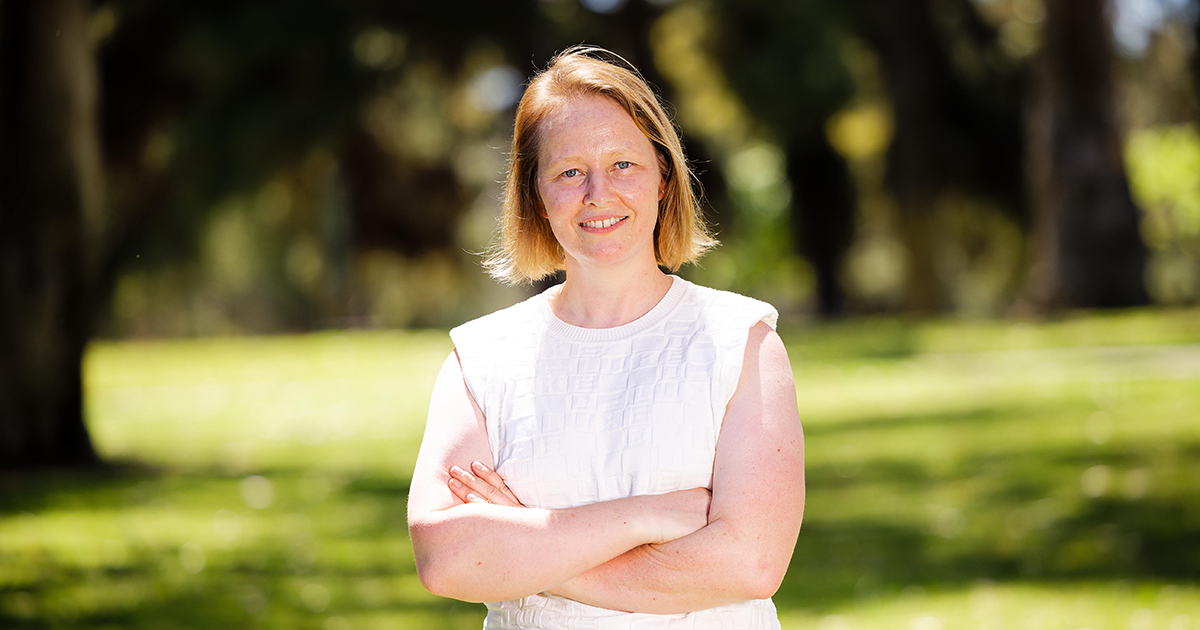Search
Research
Antibiotics for the treatment of lower respiratory tract infections in children with neurodisability: Systematic reviewDetermine the optimal antibiotic choice for lower respiratory tract infection in children with neurodisability.
Research
Antenatal creatine supplementation reduces persistent fetal lung inflammation and oxidative stress in an ovine model of chorioamnionitisChorioamnionitis is a common antecedent of preterm birth and induces inflammation and oxidative stress in the fetal lungs. Reducing inflammation and oxidative stress in the fetal lungs may improve respiratory outcomes in preterm infants. Creatine is an organic acid with known anti-inflammatory and antioxidant properties.
Research
Cough in Children and Adults: Diagnosis, Assessment and Management (CICADA). Summary of an updated position statement on chronic cough in AustraliaCough is the most common symptom leading to medical consultation. Chronic cough results in significant health care costs, impairs quality of life, and may indicate the presence of a serious underlying condition. Here, we present a summary of an updated position statement on cough management in the clinical consultation.
Research
Stability Considerations for Bacteriophages in Liquid Formulations Designed for NebulizationPulmonary bacterial infections present a significant health risk to those with chronic respiratory diseases including cystic fibrosis and chronic-obstructive pulmonary disease. With the emergence of antimicrobial resistance, novel therapeutics are desperately needed to combat the emergence of resistant superbugs.
Research
Insights into the associations between the gut microbiome, its metabolites and heart failureHeart failure (HF) is the end stage of most cardiovascular diseases and remains a significant health problem globally. We aimed to assess whether patients with left ventricular ejection fraction ≤45% had alterations in both the gut microbiome profile and production of associated metabolites when compared to a healthy cohort.
Research
Current understanding of the neutrophil transcriptome in health and diseaseNeutrophils are key cells of the innate immune system. It is now understood that this leukocyte population is diverse in both the basal composition and functional plasticity. Underlying this plasticity is a post-translational framework for rapidly achieving early activation states, but also a transcriptional capacity that is becoming increasingly recognized by immunologists.
Research
Macrophage PD-1 associates with neutrophilia and reduced bacterial killing in early cystic fibrosis airway diseaseMacrophages are the major resident immune cells in human airways coordinating responses to infection and injury. In cystic fibrosis, neutrophils are recruited to the airways shortly after birth, and actively exocytose damaging enzymes prior to chronic infection, suggesting a potential defect in macrophage immunomodulatory function.
Research
A pilot study of disease related education and psychotherapeutic support for unresolved grief in parents of children with CFDiagnosis of chronic disease in a child can result in unresolved grief (UG) in parents. This study aimed to evaluate the efficacy of psychological insight-oriented therapy (IOT) as a treatment for UG compared to disease related education in parents of children with cystic fibrosis. Sequence of delivery, first IOT then disease related education (or vice versa) was also examined, to let all participants experience both interventions.

News & Events
Aspire Award funds global learning opportunityDr Renee Ng, a microbiologist specialising in bacteriophage therapy – an alternative to antibiotics to fight antimicrobial resistance – will travel to the world’s premier conference on viruses, bringing new ideas, connections and expertise back to Perth.

News & Events
Major grant supports innovative infant lung health studyA ground-breaking global clinical trial to improve the lifelong lung health of children born extremely prematurely has been awarded a Medical Research Future Fund (MRFF) International Clinical Trials Collaborations Grant totalling almost $3 million.
